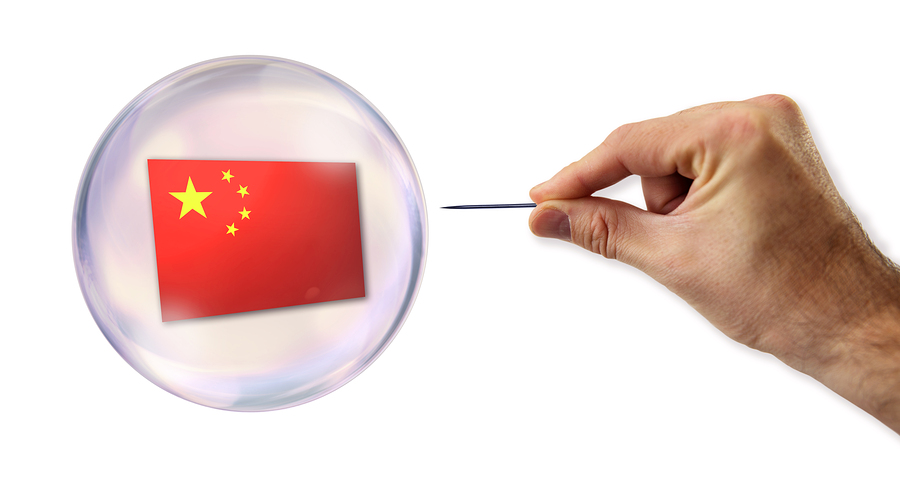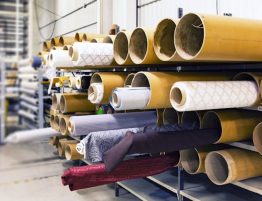
The issue of intellectual property is of fundamental importance to whoever wishes to enter the Chinese market, whether directly or indirectly. When people think of China, they often associate it to cases of counterfeiting and faking of products. This is, however, in most cases a distorted view of reality. It is true that in the recent past similar problems have undermined the Chinese market, often causing traders to direct their attention to other countries, thereby losing the opportunities that the Asian giant is able to provide. However, the progress made by Chinese legislation should be underlined. China’s regulatory framework governing the subject has become extremely modern and globally competitive.
The reform of the PRC Trademark Law, which entered into force on 1 May 2014, has achieved a system similar to the one of other Western states, aimed at simplifying registration procedures, offering an improvement in the defenses that can be activated in case of infringements or abusive registration, and also leading to a general increase in fines. In terms of protection, in addition to the traditional registration of a trademark in China -be it obtained through a Chinese national procedure or through an international procedure- it is worth mentioning a very incisive additional tool at a practical level: customs registration.
PRC Customs Law prohibits both the importation and exportation of products that infringe intellectual property law; this results in customs control on incoming and outgoing goods, with customs authorities having the power to apply fines in cases where illegal conducts arise. This form of protection is automatically granted to whoever suffers an infringement of their IP. Additional benefits can be obtained if intellectual property rights are registered with the General Administration of Customs in Beijing; in this case data will be included in a special database that will guarantee the owner the possibility of having constant monitoring. However, attention must be paid to the fact that trademark registration with the Chinese Customs does not substitute the registration with the Trademark Office, which is in any case a fundamental requirement for any action to protect a trademark, including those in the customs field.
Customs protection of products divides itself into two distinct procedures: a) the first one is available regardless of a previous registration with the customs authorities; b) while the second procedure is an exclusive benefit for those who have registered.
- In the first case the applicant, who has received information indicating that counterfeit goods are going through Chinese customs, will be entitled to report the shipment, with the obligation to make a payment to the customs offices. The paid amount will serve, alternatively, as compensation for the temporary detention of the goods suffered by the suspect, or as payment of the fees for the warehousing and storage activities and for the possible destruction of illicit products that will be performed by the customs offices.
- The second procedure can, instead, be used only by those who have made the relevant registration. It is initiated automatically when the customs authorities have suspicions concerning certain goods. First of all, a declaration concerning the rights of intellectual property of the products will be required and, in case of refusal, the IP right owner will be promptly informed; he will then have three days to request the seizure of the goods and institute customs protection proceedings.
Even though, as is often the case, the identification of the origin of counterfeit products is difficult, and for this reason it is not possible to act in order to solve the problem, the registration with the Chinese customs can avoid (or at least limit) the possibility that such products may disrupt the operationality of the company in other international markets.
Customs registration seems to be another important tool in IP protection; in order for it to be effective, it is nevertheless necessary that the owners of these rights keep the authorities constantly informed, providing them with updated details of their products and of whatever may allow a more rapid detection of counterfeit and faked goods.
(Shanghai Office– Luigi Zunarelli and Mattia Nannini – 0086 21 51501952)









